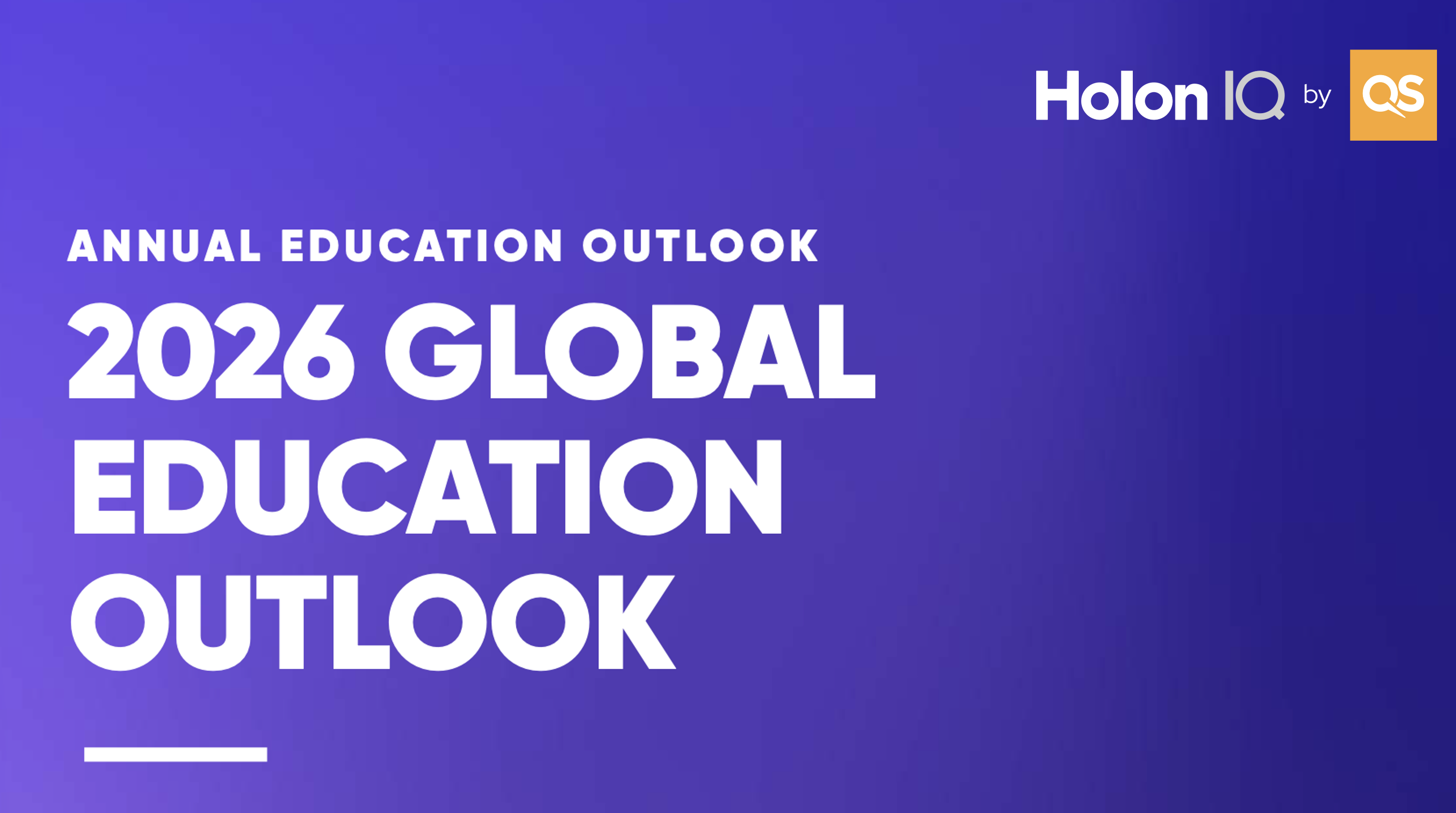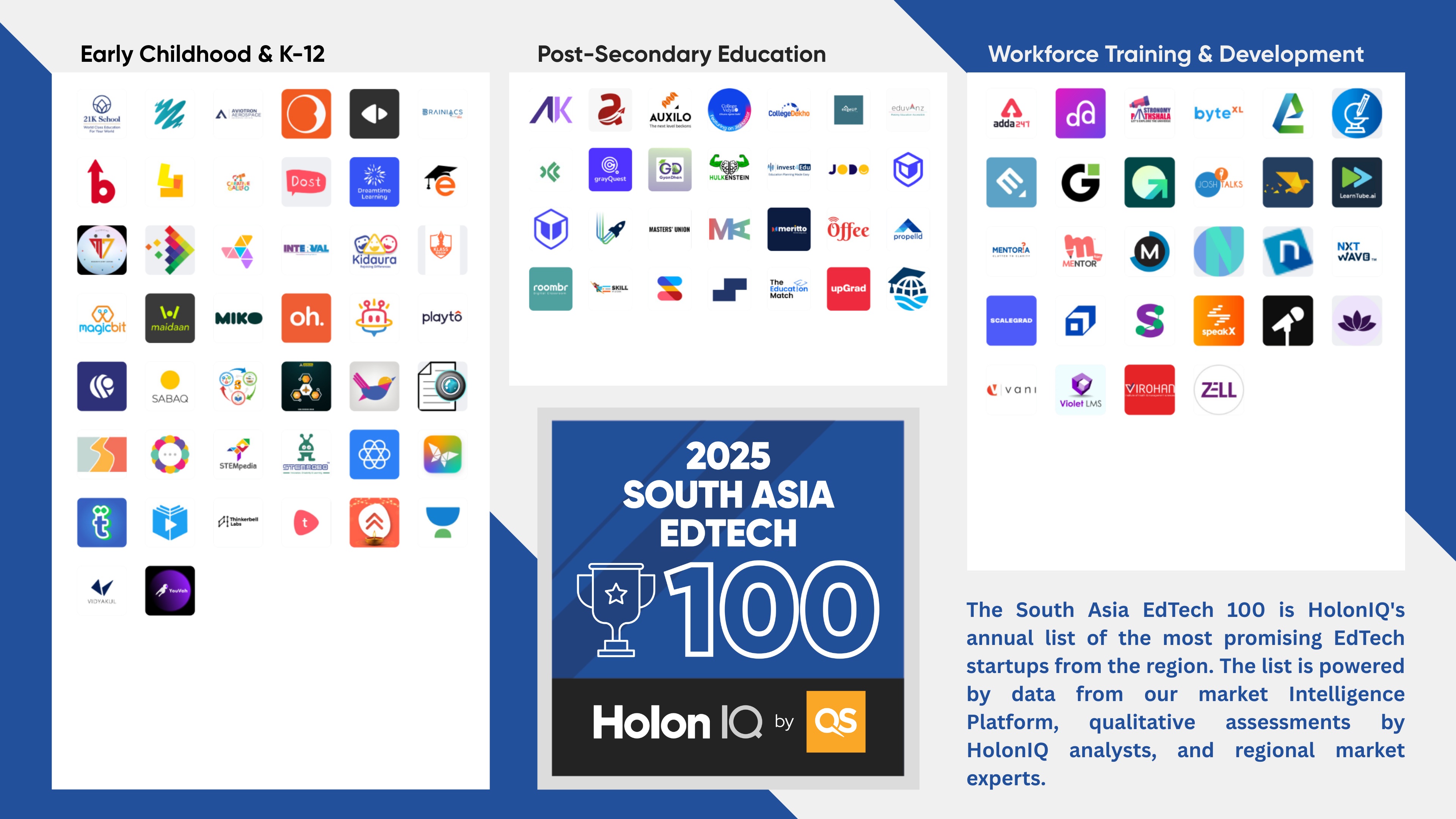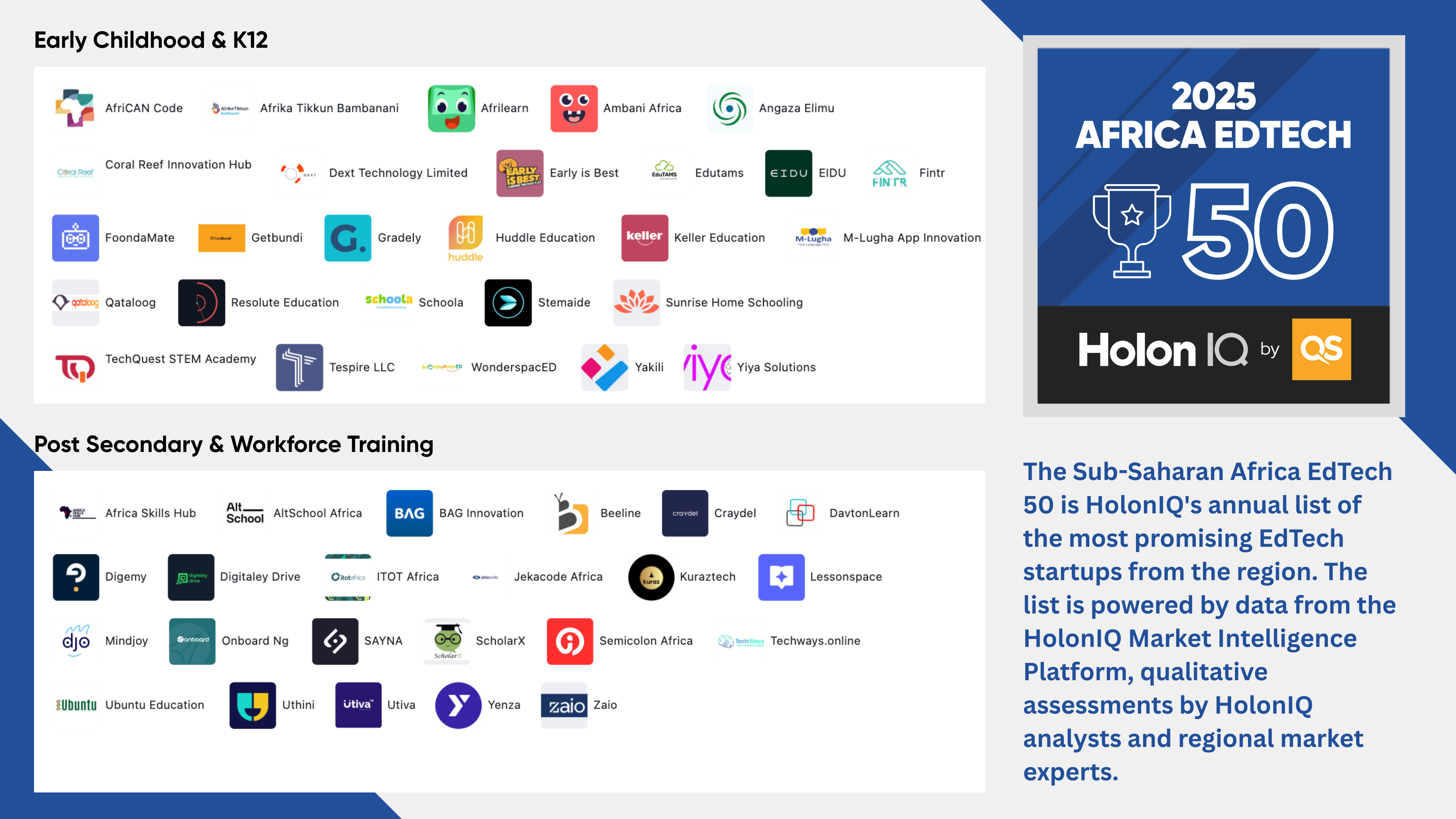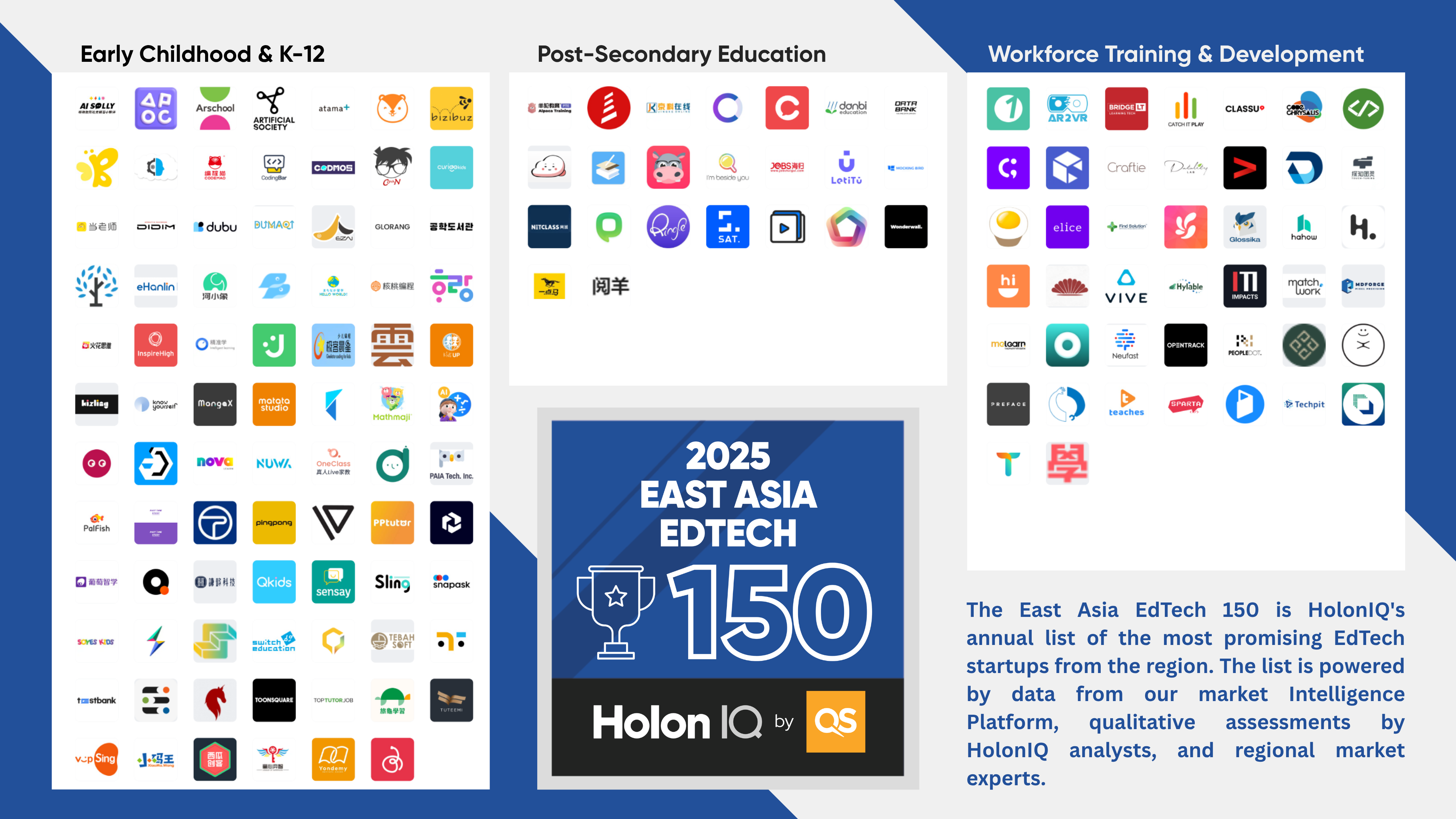What might education look like in 2030?
To answer this question, the Education in 2030 Project set out to synthesize different perspectives of many stakeholders and build out scenarios of the possible futures for education and learning. To do so, we used the power of the global crowd, augmented by advanced technology, to find out what the world is thinking about the future of education, and overlaid data and analysis from expert sources.
Based on this analysis, five possible scenarios were developed as a basis for discussion and further validation. It is important to note that these scenarios are not predictions. Indeed, it is most likely that a combination of scenarios will play out simultaneously in different geographies, age cohorts and education sectors.
The 5 Scenarios
Education-as-Usual. Traditional education institutions remain the trusted source of learning and the most effective vehicle for jobs and prosperity. HE consolidates, global talent platforms emerge and government remains the core funding source.
Regional Rising. Regional alliances dominate the competitive education landscape, supported by strategic and political cooperation. Cooperative blended delivery and regional talent hubs cross-load labor supply and demand to strengthen regions.
Global Giants. A global free market environment has fostered the emergence of ‘mega-organizations’ with ubiquitous brand recognition and the scale to achieve significant efficiencies and industry power.
Peer-to-Peer. Learning online through rich, personalized human to human experiences dominates the post-secondary and skills training sectors. Blockchain technology fundamentally reconfigures credentialing.
Robo Revolution. AI drives a complete reversal in ‘who leads learning’, with virtual tutors and mentors structuring learning paths, providing assessment tasks and giving feedback.






















